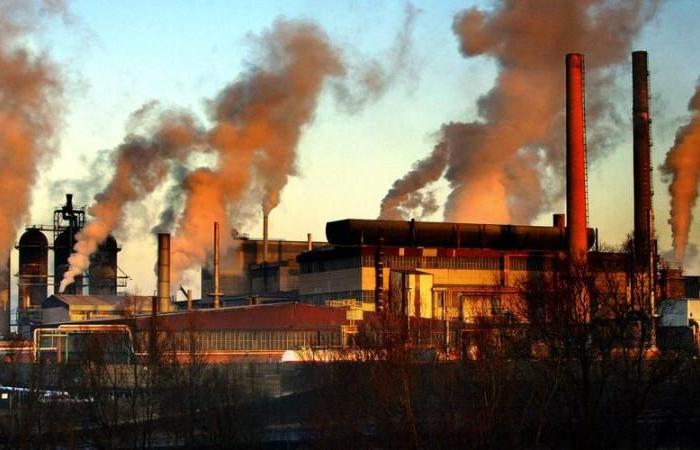Populations from villages attached to the communes of Pout and Keur Moussa, in the department of Thiès, denounce the resumption of activities of the lead recycling plant installed in Ndiakhate, noted the APS.
They gathered on Sunday in Palal, a village in the area, “to deplore and denounce” the resumption of activities at this factory, a source of pollution.
The takeover of this lead recycling plant seems to throw away all the progress that the collective has made since the start of its fight for the relocation of this industrial unit, between 2020 and 2022.
As part of its efforts, the said collective met, last October, the Minister of the Environment, with whom it “discussed at length” the problems generated by this factory, recalled its coordinator, Mamadou Lèye, during from a press briefing.
“Two weeks ago, the recycling plant resumed its activities,” he said, adding that “the population continues to suffer unimaginable damage” since this plant was established in Ndiakhate, no far from Pout.
“We saw diseases that did not exist in the area,” noted the coordinator, referring to “cases of abortion, sinusitis, asthma.”
Added to this is the fact that farmers in the area have noticed a “drastic drop in yields”, while those of them who worked opposite the factory were “forced to abandon their fields to settle elsewhere “.
“We are going through enormous difficulties because of this lead factory,” lamented Mr. Lèye.
He recalled that in 2023, the then Minister in charge of the Environment, Alioune Ndoye, had sent a formal notice to the lead battery recycling plant, after its technical services had carried out a field visit and confirmed the pollution that residents surrounding the factory had previously complained about, in the communes of Pout and Keur Moussa.
»To our great surprise, a few months later, we saw that the factory had managed to obtain a three-month exemption, [prétendument] to exhaust its stocks,” lamented Mamadou Lèye.
“Everyone in the area wants this factory to be relocated once and for all so that we can flourish and carry out our activities properly,” he maintains.
In May 2023, factory workers, accompanied by a consultant, gave journalists a tour of the unit, to challenge grievances against the factory’s activity.
Serigne Abdou Lahad Yade, consultant in an independent firm whose services the company had retained, had maintained that the lead particles taken from the ambient air and on the ground, outside the factory, are “very well below the accepted limit.
The samples taken in the immediate environment of the installations, in the village of Ndiakhate and in the fields, were according to him submitted to the laboratory of the Institute of Applied Nuclear Technology (ITNA) of the Cheikh Anta Diop University (UCAD) of Dakar.
These samples covered geolocated points, with the possibility of carrying out a second opinion by another firm, he underlined, as a guarantee of transparency.
When the oven is operating, there is almost no smoke at the level of the chimney, he noted, noting that this result was achieved thanks to the installation of electrostatic filters which retain “approximately 99 %” of lead particles.
According to the study, the ambient air contains, on the other hand, a high content of clay dust in suspension, he admitted, specifying that this can be understood due to the proximity of a cement factory.
“To say that the (lead recycling) plant pollutes the environment is inaccurate,” he concluded, citing the study in question.
Inside, however, the ambient air sometimes reaches “abnormal levels,” noted the environmentalist, noting that the report recommends that personnel be provided with protective means appropriate to the activity, such as gas masks. , glasses and other personal protective equipment.
The unit will continue to be monitored to verify compliance with the recommendations, announced the consultant whose firm is approved, according to him, by the State.






